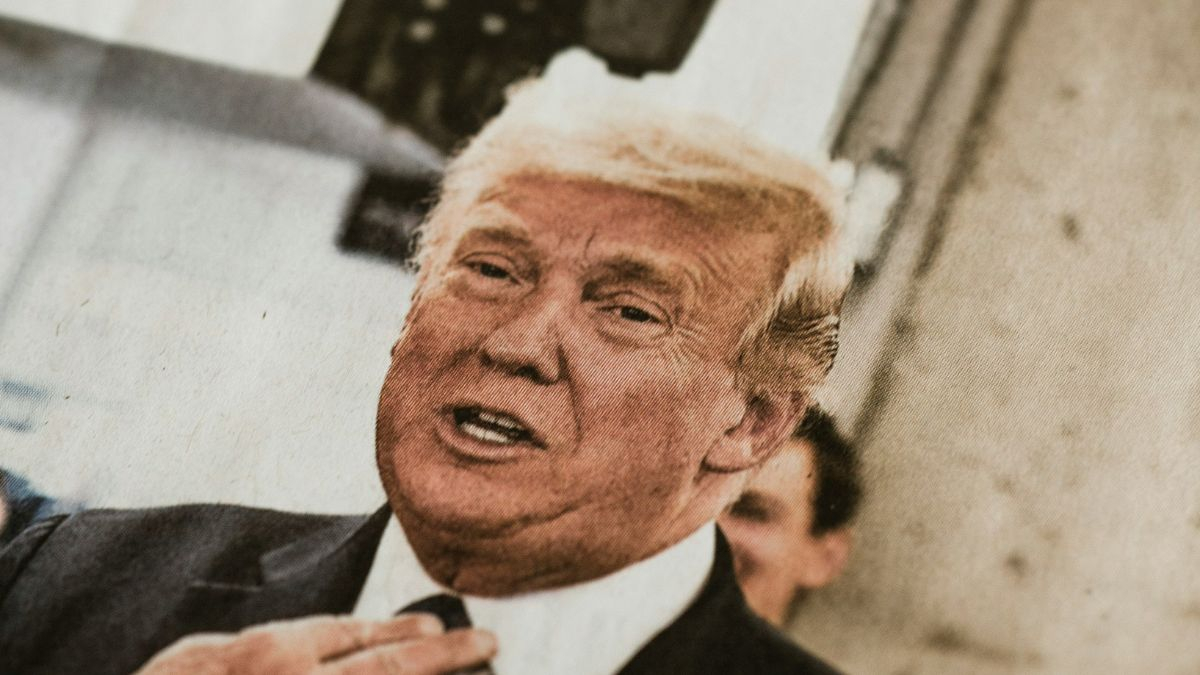Former President Donald Trump has raised concerns that the United States could face a “great depression” if certain economic issues are not addressed. He specifically points to the national debt and the debt ceiling as the key problems. Trump has been vocal about his dissatisfaction with previous agreements on the debt ceiling and believes they could lead to severe economic consequences.
Trump’s comments have sparked conversations about whether his warnings are political strategy or genuine concerns based on economic risks. To understand this, it is important to know what the debt ceiling is and why it matters.
What is the debt ceiling and why does it matter?
The debt ceiling is the maximum amount of money the U.S. government is allowed to borrow to meet its financial obligations. These obligations include things like Social Security payments, military salaries, and interest on the national debt.
If Congress does not raise the debt ceiling when needed, the government risks defaulting on its payments. Economists widely agree that even the possibility of a default can harm the economy, causing increased borrowing costs, loss of jobs, and a potential recession.
Why does Trump think this could lead to a depression?
Trump compares the current situation to the 1929 Great Depression, one of the darkest periods in U.S. economic history. He argues that failing to address the debt ceiling issue now could push the economy into a similar crisis.
In a post on Truth Social, Trump criticized a 2023 deal that postponed debt ceiling discussions to 2025, during what he expects to be his administration. He called this decision “one of the dumbest political decisions made in years.” According to Trump, it places the burden of resolving the crisis on the Republicans, leaving them vulnerable to blame if things go wrong.
What are the potential risks of not addressing the debt ceiling now?
Trump and other critics highlight several risks associated with delaying action on the debt ceiling:
- Economic uncertainty: Delaying the resolution creates instability, which can affect markets and consumer confidence.
- Higher borrowing costs: A potential downgrade in the U.S. credit rating could lead to increased borrowing costs for the government and everyday Americans.
- Impact on global markets: The U.S. dollar plays a central role in global trade. A default could have worldwide consequences.
Economists have warned that even coming close to a default can have damaging effects, such as triggering a recession. Trump insists that taking action now, during President Joe Biden’s administration, would prevent these risks from escalating under Republican leadership.
How do experts and leaders view Trump’s concerns?
Opinions about Trump’s warnings are divided. Some believe his comments are politically motivated, aiming to shift the blame to Democrats for any potential economic fallout. Others agree that the debt ceiling issue is a legitimate concern that requires immediate attention.
Treasury Secretary Janet Yellen has urged Congress to act quickly, emphasizing the importance of maintaining the full faith and credit of the United States. She has stated that the Treasury may need to start taking “extraordinary measures” as early as January 2025 if no action is taken.
President Biden, on the other hand, has called for compromise, stating, “This represents a balance. Neither side gets everything it wants, but it ensures the government continues to operate.”
What happens next?
The current debt ceiling suspension ends on January 1, 2025, meaning Congress will need to act before then to prevent a crisis. If the Treasury starts using extraordinary measures, these might provide a temporary fix, but they cannot replace long-term solutions.
For now, Republicans, who will control Congress starting in January, face a critical decision. Will they address the debt ceiling issue before 2025, or will they wait until Trump is in office, as he has suggested?
Continue reading:
Can Trump change Biden decision to commute death row sentences for 37 inmates?
